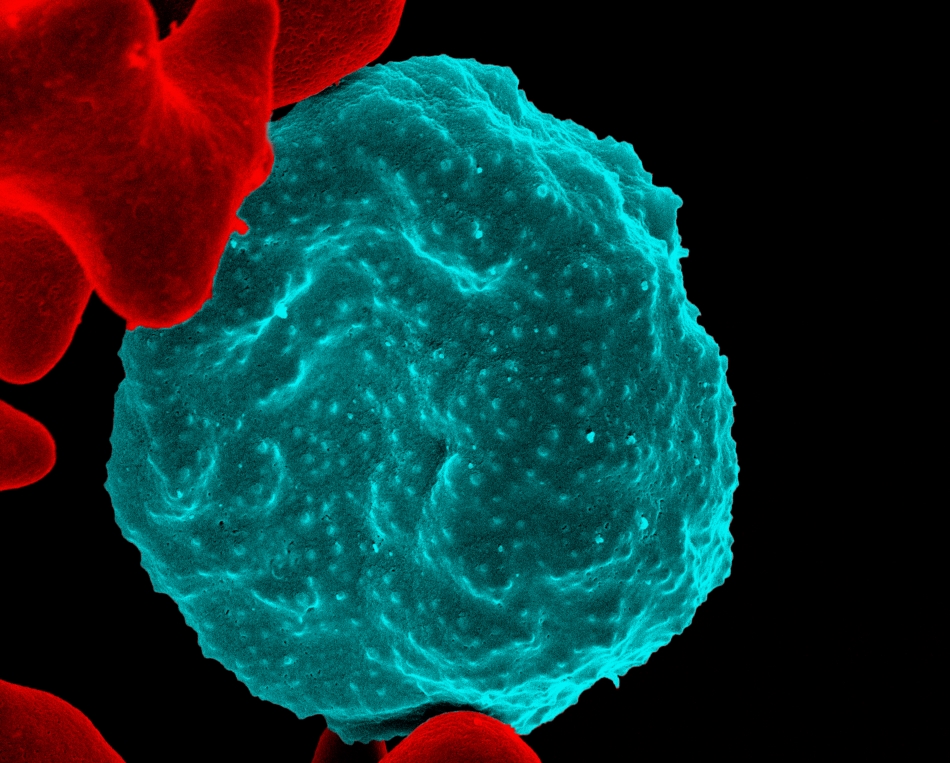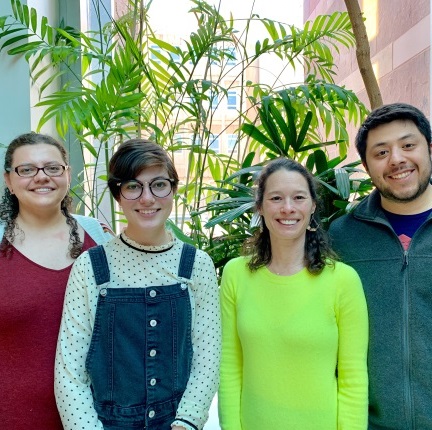Preprints, accepted author manuscripts and embargoes
Using preprint and accepted author manuscript repositories
We are committed to increasing the accessibility of research and ensuring that it is communicated as rapidly as possible. To accelerate this process, we encourage researchers to deposit pre-publication versions of articles in appropriate preprint repositories such as arXiv, bioRxiv, engrXiv, paleorXiv and EarthArXiv.
A preprint is defined as the version of the manuscript that is submitted to a journal, an earlier draft, or any part thereof. An accepted author manuscript (AAM) is the author’s manuscript version of the accepted paper. Depositing your accepted manuscript in a freely accessible repository is known as ‘green open access’. Full details of what you can do with these can be found in the licence to publish.
Preprints may be deposited (or shared at scientific meetings) at any time and the AAM at acceptance. Both can be made freely available. However, please read the media embargo policy below.
Open Biology, Royal Society Open Science, Biology Letters, Proceedings B and Journal of the Royal Society Interface supports submission of manuscripts directly from bioRxiv, meaning authors can transfer their manuscript information and metadata without having to re-upload files.
Authors submitting to Proceedings A and Royal Society Open Science after prior deposition in arXiv benefit from a simpler article upload process using just the e-print number.
Preprint posting should be disclosed upon submission (this is not necessary if submitting directly via bioRxiv or uploading using an arXiv identifier). On publication of the definitive version on the publisher’s site, full details and a link should be added to the preprint.
Depositing a preprint or AAM on a personal or institutional website or a recognised server or repository does not constitute prior publication or a breach of our media embargo policy (see below), and will prejudice neither the peer review process nor publication in our journals.
We offer "scoop protection" meaning that, if other researchers publish similar findings after submission to a Royal Society journal, this will not be considered a reason for rejection. This applies from the day a manuscript is posted on a recognized preprint server, if it is submitted to a Royal Society journal in a similar form within three months of posting.
We encourage authors to cite the preprint version in the accepted article. Authors are also permitted to cite other preprints, provided they are clearly identified as such.
Media embargo
We employ a strict embargo policy on articles accepted for publication where the reporting of a scientific article published in one of our journals by the media is embargoed until the day of publication.
Regarding preprints, researchers may respond to requests from the media. However, researchers should make it clear that the paper has not yet undergone peer review, that findings are provisional and that the conclusions may change. Authors are expected to keep the details of the peer review and editorial process confidential.







